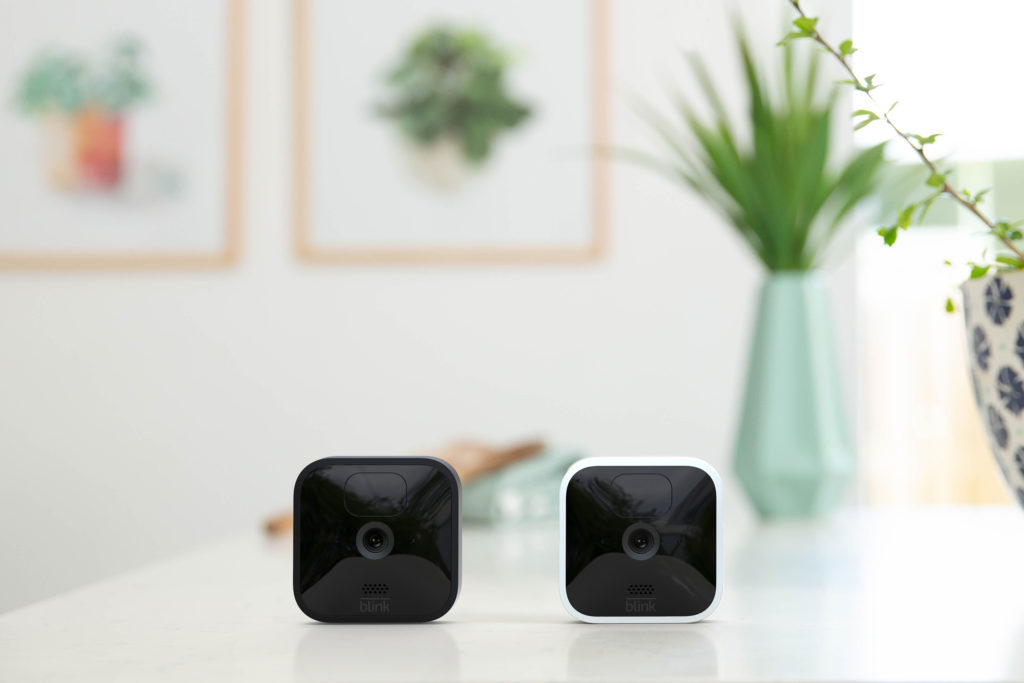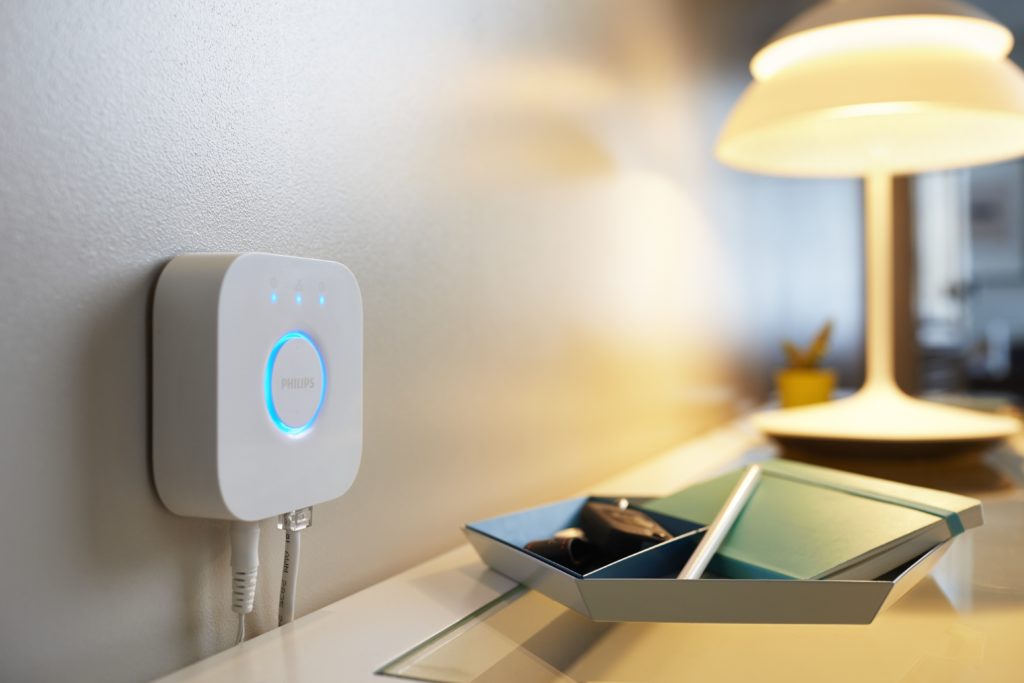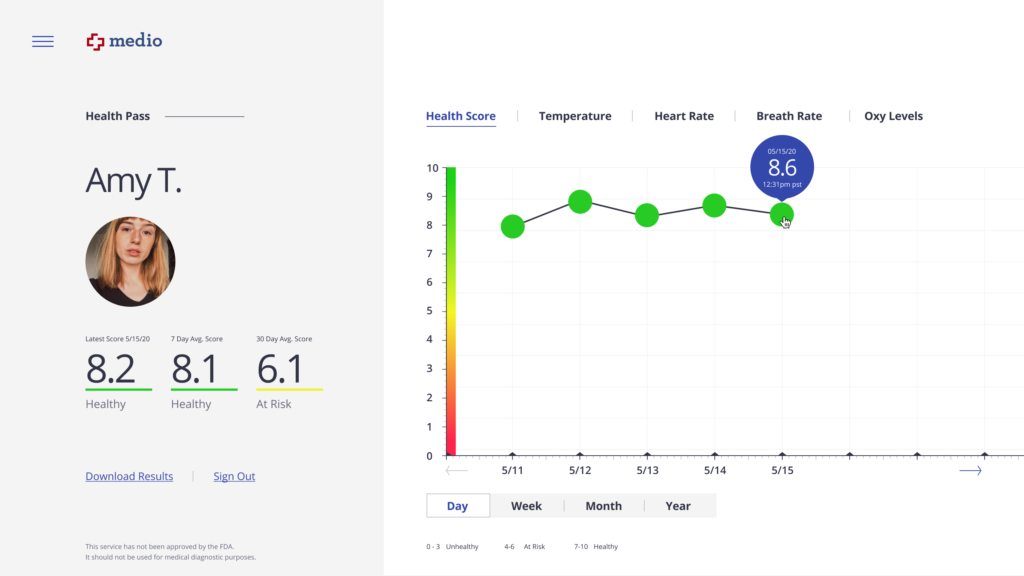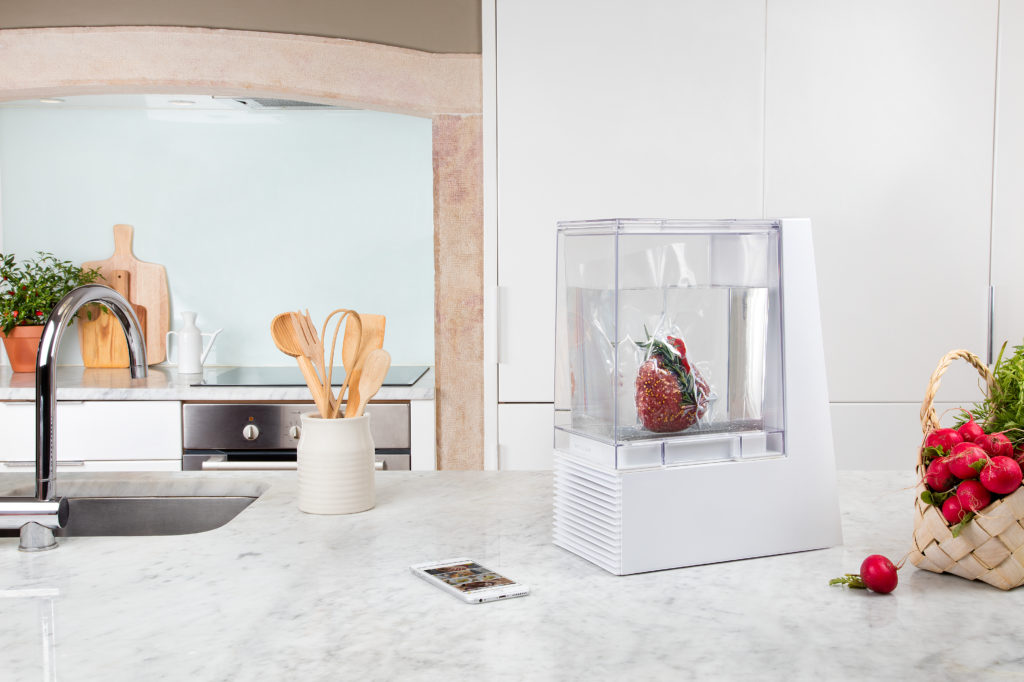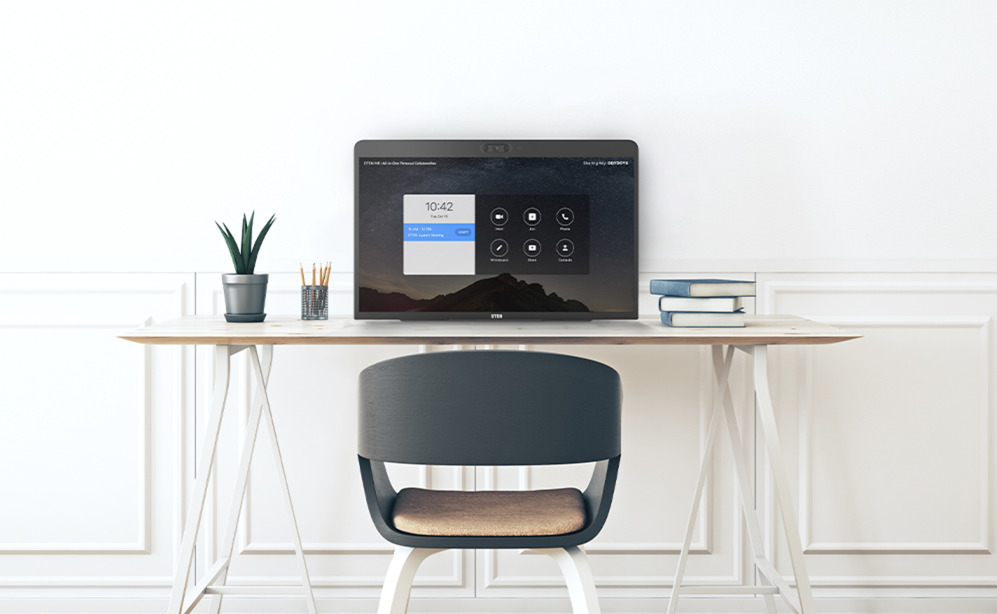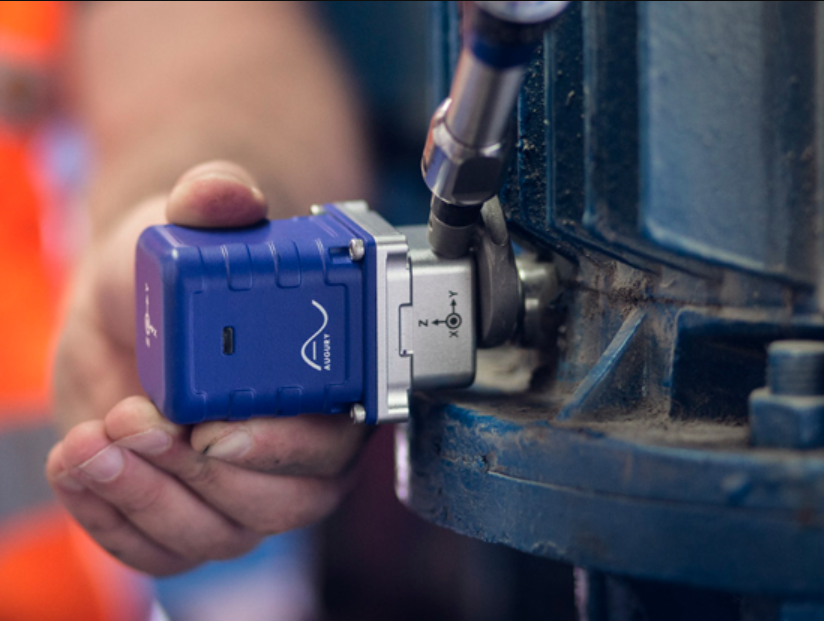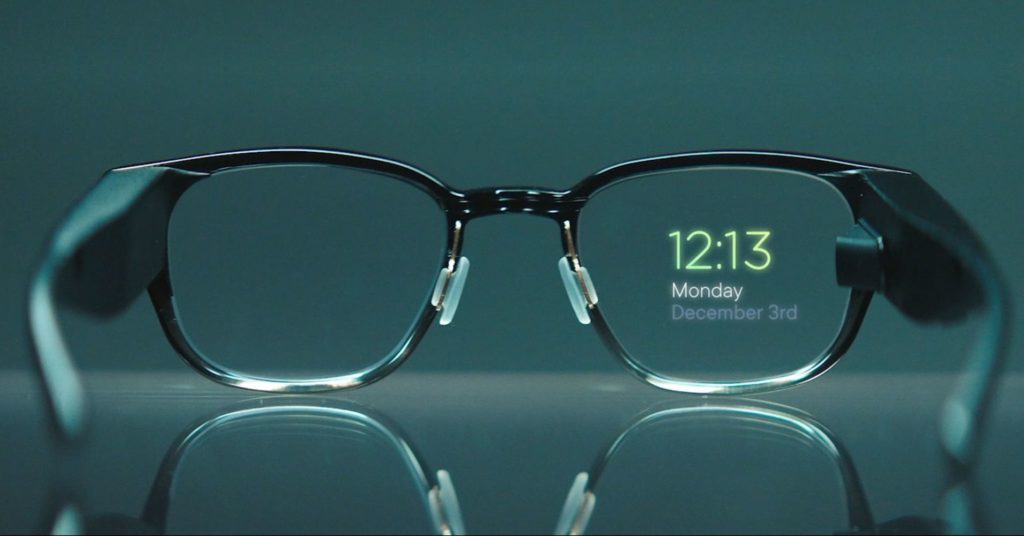This week the show starts with an overview on IFTTT’s new paid plan and then dives into the recent update on Project Connected Home over IP. There’s not a lot of news, but the effort is still progressing, which is something. We also discuss the new long-range Z-Wave standard, a new court ruling on geofencing data collection, and Apple’s upcoming event. We then discuss the challenges that Bluetooth-based contact tracing efforts face, a new smart home alarm system retrofit from Konnected, a new talent in an old air quality sensor, and some new Philips Hue products. From there we dig into some new Amazon Alexa skills for apartments and for voice calls before ending with Peloton’s new bike. We also answer a listener question about putting Alexa in different households under the same account.
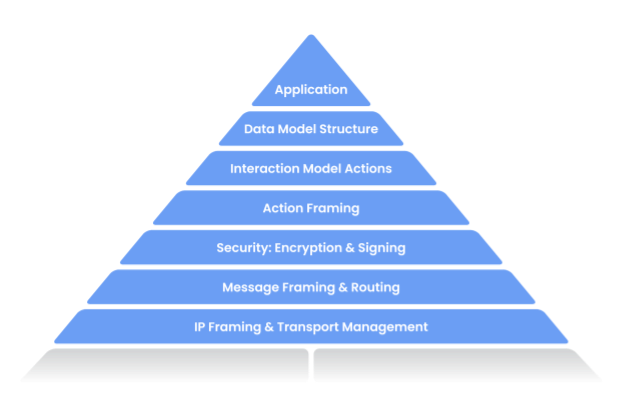
Our guest this week is Linden Tibbets, the CEO of IFTTT. He’s on the show to explain the details behind IFTTT’s new Pro plan, which I’m guessing that most of the audience will want to investigate. The Pro plan offers users more complex applets, lower latency, and actual support, but it comes at a price. Tibbets explains why users can set their own price for the service for now, and how he hopes to get people to pay $9.99 a month eventually. Tibbets also explains what free users can expect and gives an update on the other side of IFTTT’s business — selling integration services to brands. If you’re an IFTTT user, you’ll want to listen to this show, and if you’re not an IFTTT user, maybe you’ll want to be after hearing the show.
- Hosts: Stacey Higginbotham and Kevin Tofel
Guests: Linden Tibbets, CEO of IFTTT
Sponsors: Very and Ayla Networks - Project CHIP’s latest news wasn’t big, but it was encouraging
- Z-Wave isn’t dead yet
- This air quality sensor will predict your home’s likelihood of mold
- IFTTT boosts applet creation options and makes users pay
- How IFTTT is trying to warm users up to a monthly subscription fee
Podcast: Play in new window | Download | Embed
Subscribe: RSS

